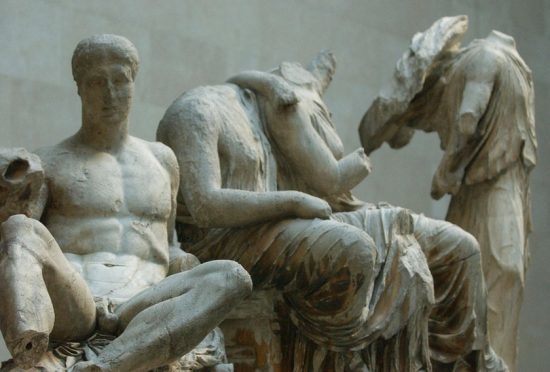The controversial Elgin Marbles will go back under the spotlight at the British Museum, in a new exhibition which compares them with Rodin’s sculptures.
The Marbles, or Parthenon sculptures, have long been the subject of dispute over their home in the British Museum, where they have been on permanent, public display since 1817.
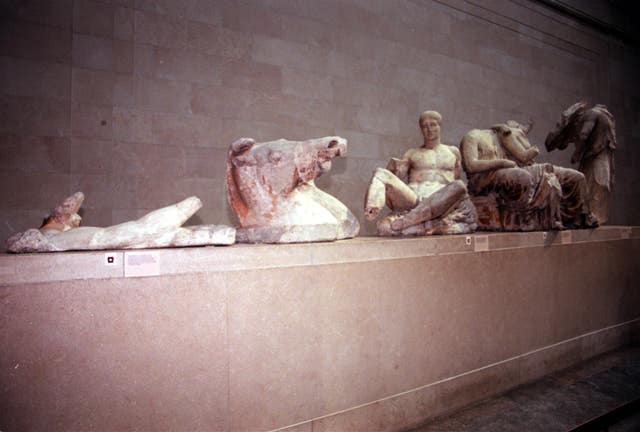
Greek governments have called for their return to Athens since the 1980s and have even enlisted Amal Clooney to help their campaign.
Now a new exhibition at the British Museum will see 18 of the treasures removed from the space where they are on permanent display, to be shown alongside Rodin’s work.
Rodin And The Art Of Ancient Greece will show how the French artist was inspired by the Marbles, which Lord Elgin acquired from the ruins of the Parthenon in Athens, to bring to Britain about 200 years ago.
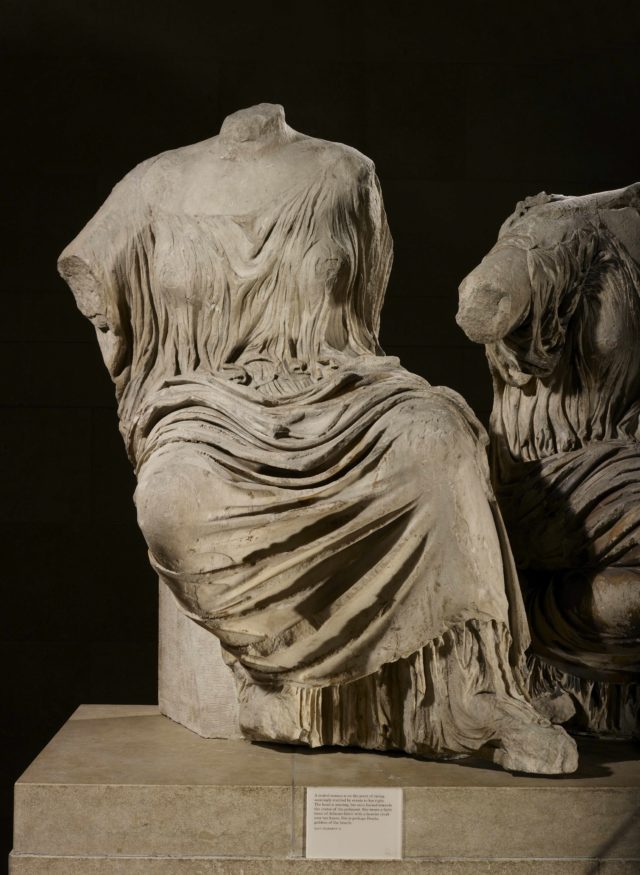
Sculptor Auguste Rodin (1840-1917) regularly travelled to London to sketch the sculptures and once said that “in my spare time I simply haunt the British Museum”.
The exhibition, opening at the end of April, will show that Rodin’s much-loved work The Kiss evokes two female goddesses, originally on the Parthenon temple, where the Elgin Marbles once stood.
Both the Parthenon goddesses and Rodin’s marble Kiss are carved from a single block of stone, with “one figure melting into another”.
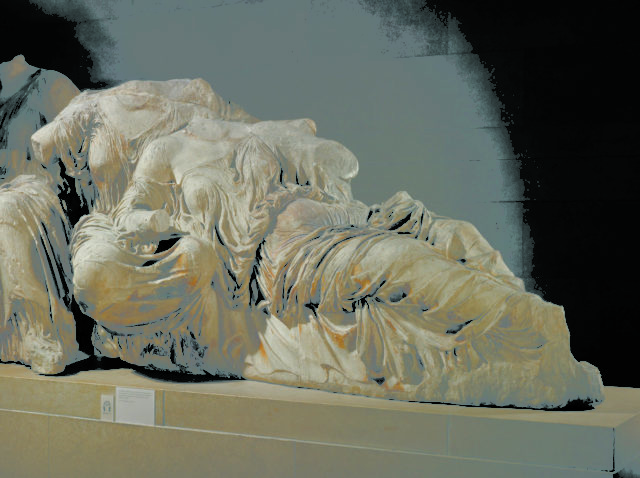
Many of the 80 works in marble, bronze and plaster, as well as sketches, will come from the Musee Rodin in Paris.
They include sketches of the Marbles drawn on notepaper from the Thackeray Hotel, where Rodin stayed while in London, and a plaster cast of the first marble example of The Kiss.
Rodin had a “love affair” with Ancient Greece and had 6,000 antiquities, curators said, and a “passion” for the Marbles which helped cement the status they have today.
Both his works and the Marbles “live and breathe vitality” and Rodin even removed the heads and limbs from his own sculptures “to make them closer to the broken relics of the past.”
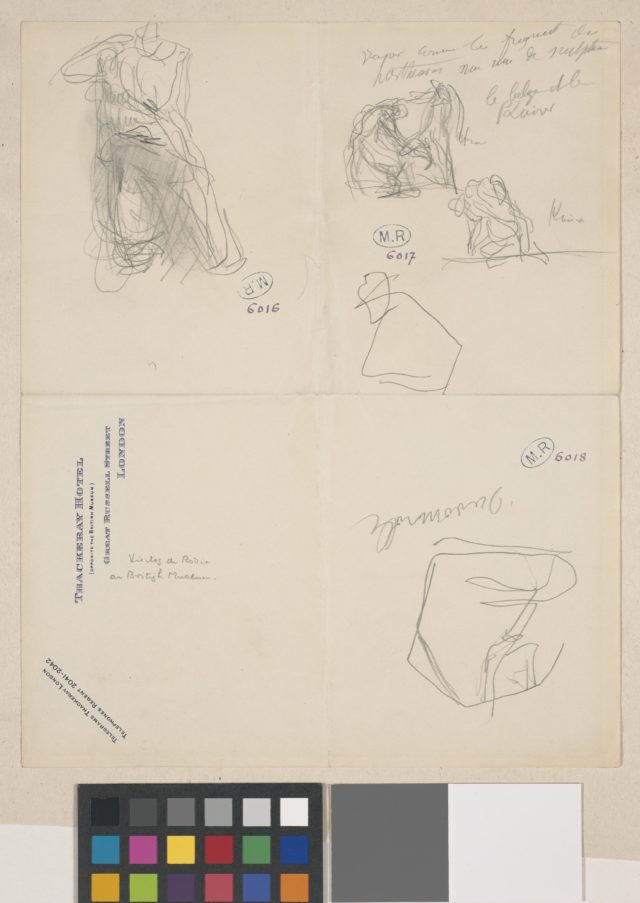
The Acropolis Museum, in Athens, is also home to some of the Marbles.
Asked what Rodin would have made of the controversy surrounding the Marbles, curator Ian Jenkins told the Press Association: “He wouldn’t have understood why something which is installed in a museum, made publicly accessible, should be shunted half way across Europe.
“He would have said that it is a great thing that there are two museums in the world that can accommodate this story and the plaster casts in Athens are a full representation of the ones that are here.”
British Museum director Hartwig Fischer said of the issue: “We all know that this will forever be debated.”
He said of Rodin: “He was extremely at ease with the fact that you have …. parts of the Acropolis in a museum that placed them in the context of world cultures and allowed you different ways of seeing.
“This exhibition makes you see that comparing is the key to understanding.”
Rodin And The Art Of Ancient Greece runs from April 26 to July 29 at the British Museum.
